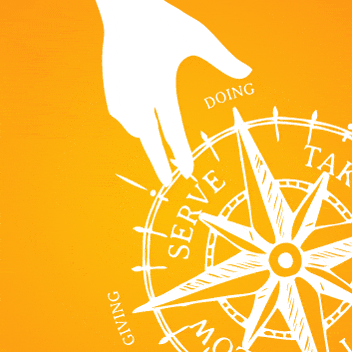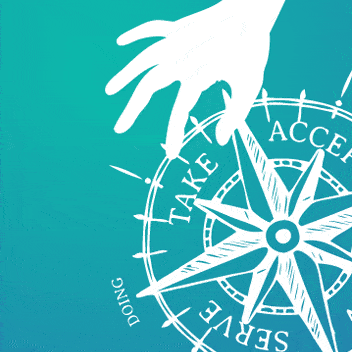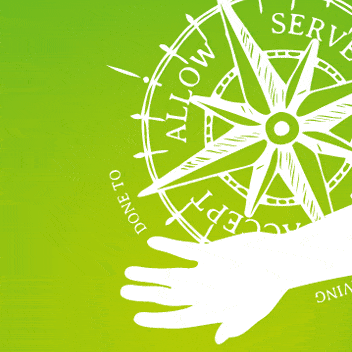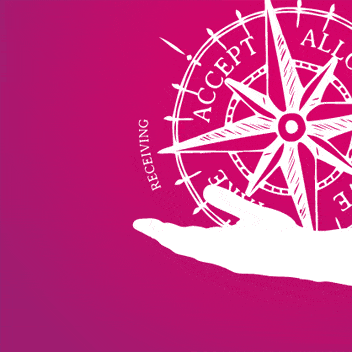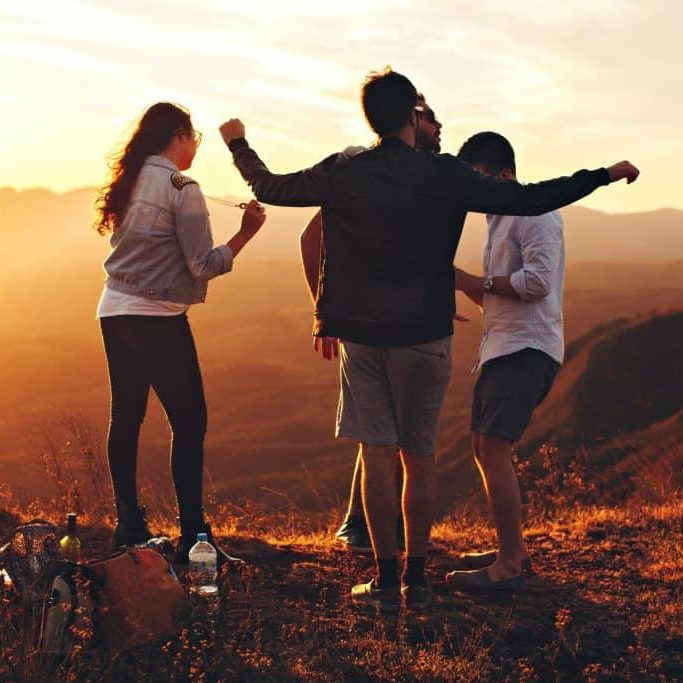
3 easy tips to help you navigate your interactions after lockdown
Does the idea of returning to interactions with other people again after lockdown sound wonderful and daunting at the same time? You’re not alone!
For most of us lockdown has meant social isolation on a scale we’ve never experienced before.
And while you may have built up your tolerance for how many hours you can spend on Zoom without your head exploding, it’s very different from being face to face with another physical being.
Understandably many of us are worried about how we’re going to navigate interactions again after lockdown.
- “When is it OK to hug someone?”
- “How close is too close?”
- “What if someone touches me, and I don’t want them to?”
Managing risk in your interactions after lockdown
What level of risk feels acceptable for you?
Some people may be craving touch so much they will throw caution to the wind at the first opportunity. Others may feel uncomfortable about even attempting a close-up social interaction for months after lockdown has actually finished.
There are plenty of great approaches to social anxiety after lockdown for you to consider as you start coming into closer contact with other people again.
But there are also some very practical steps you can take to empower yourself, and build resilient skills in your own habits.
Take care of yourself with these 3 simple tips
These 3 simple tips will help provide you with solid foundations, as you navigate this unfamiliar territory after lockdown.
Try cultivating each of them as an ongoing daily practice and see how they can improve your interactions.
1. Get clear on your ‘yes’ and ‘no’
Particularly when it comes to making decisions about how much risk is acceptable for you, it can be helpful to determine who’s benefiting most from an interaction. You might feel more likely to say ‘yes’ to something you want for yourself, than to something someone else wants. Here’s a quick step-by-step guide for figuring out if you should say ‘yes’ or ‘no’ to something.
If you find it hard to say ‘no’ try saying “That’s not possible for me right now, is there something else you’d like instead?”
2. Pause often
Most of us were already pretty good, before the pandemic, at over-riding our own needs and allowing, going along with, or putting up with stuff we don’t really want. Lockdown has turbo-charged that. After lockdown life is going to speed up again – fast! But the faster you move the harder it is to notice when you’re going along with something that’s not right for you. One way to counteract this is to pause. And pause often. Make it a practice – it can be as simple as taking 3 breaths before replying to a question.
3. Be brave: change your mind when you need to
This is a brave new world we’re entering into after lockdown. In order to feel brave we need to feel safe. And one thing that facilitates safety is having choice. You probably won’t know how you feel about something until it’s happening – so embracing your ‘don’t know’, and being able to change your mind is now a vital life-skill. Get used to changing your mind being OK. Try not to punish others when they change theirs. It’s not a sign of weakness, it’s a form of self-care.
The quadrants
Each quadrant in the Wheel Of Consent creates a different experience and teaches you something different about yourself. Learn more about each one:
Enjoyed reading this?
If you've found this page helpful you can get more tips and resources for better relating straight to your inbox. Sign up here and get my free How To Be Heard guide to start you off:
Explore more:
A simple approach to consent and boundaries
If you feel overwhelmed by the idea of consent and boundaries here are some simple things to focus on which will make it easier to understand.
Read MoreWhy are we so scared of talking in the bedroom?
Talking in the bedroom is often viewed as ‘dirty’ or avoided completely. Find out why it’s time to change that narrative.
Read MoreGiving and receiving explained – 6 key ways to tell the difference
If you think giving and receiving don’t need to be explained you might be surprised by this handy guide that breaks down the differences
Read MoreEvents & courses
Learn To Touch – Supported Self Study Course
Online. Discover a whole new approach to touch that will change how you feel – literally! A short, affordable, practical guide you can learn in less than an hour a day.
Read More
